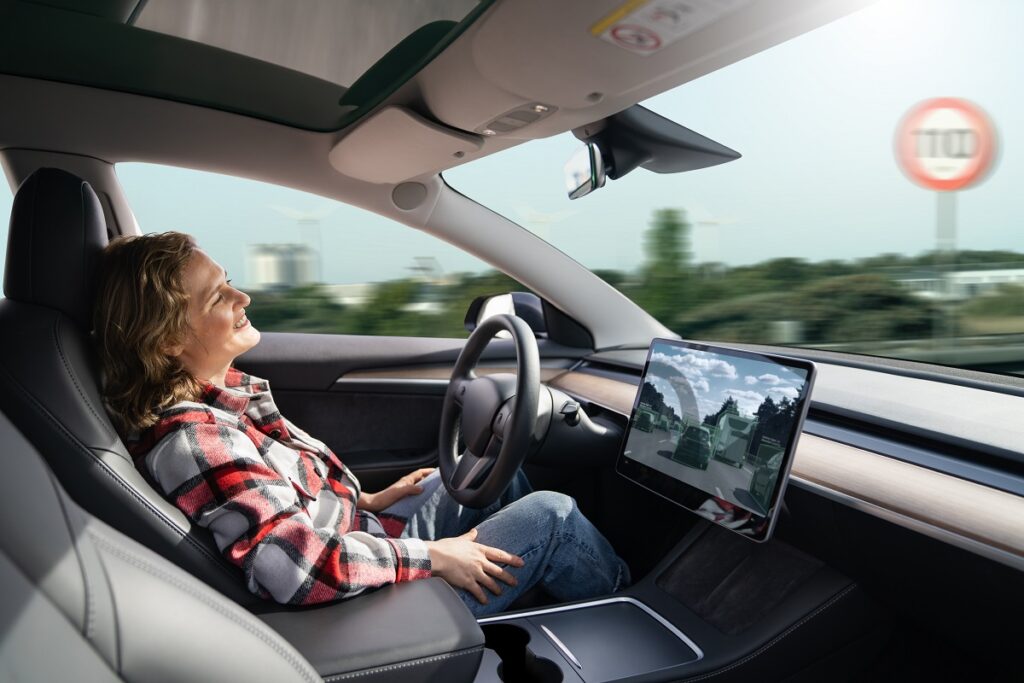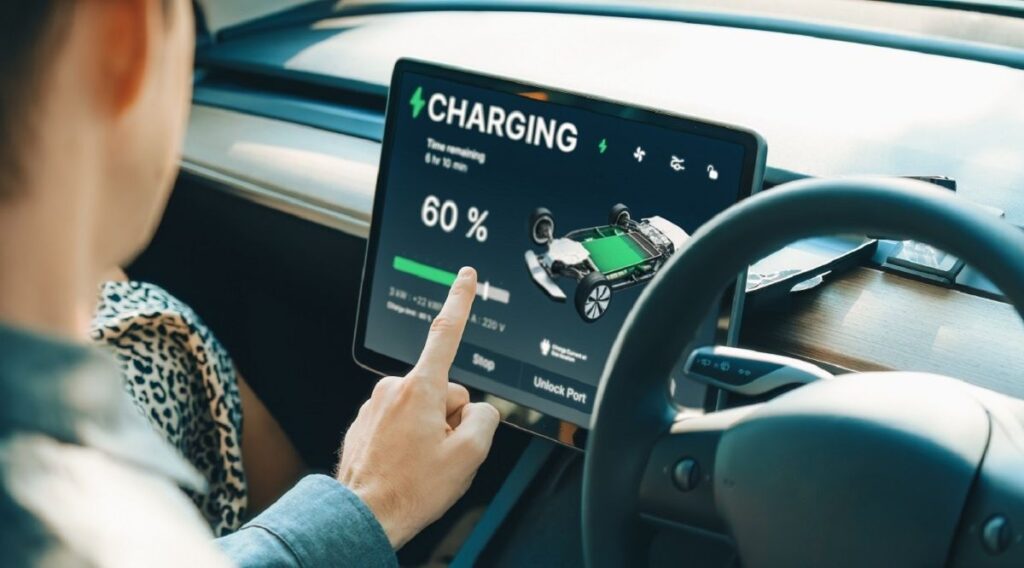Electric vehicles, or EVs, have long revolutionized how people think about driving, Including the stance of CO damage to the environment. What’s making electric cars so appealing, and how much do they really cost to charge? Continue reading as we dive into the real costs of owning an electric vehicle.
1 – Charging Expenses Can Vary
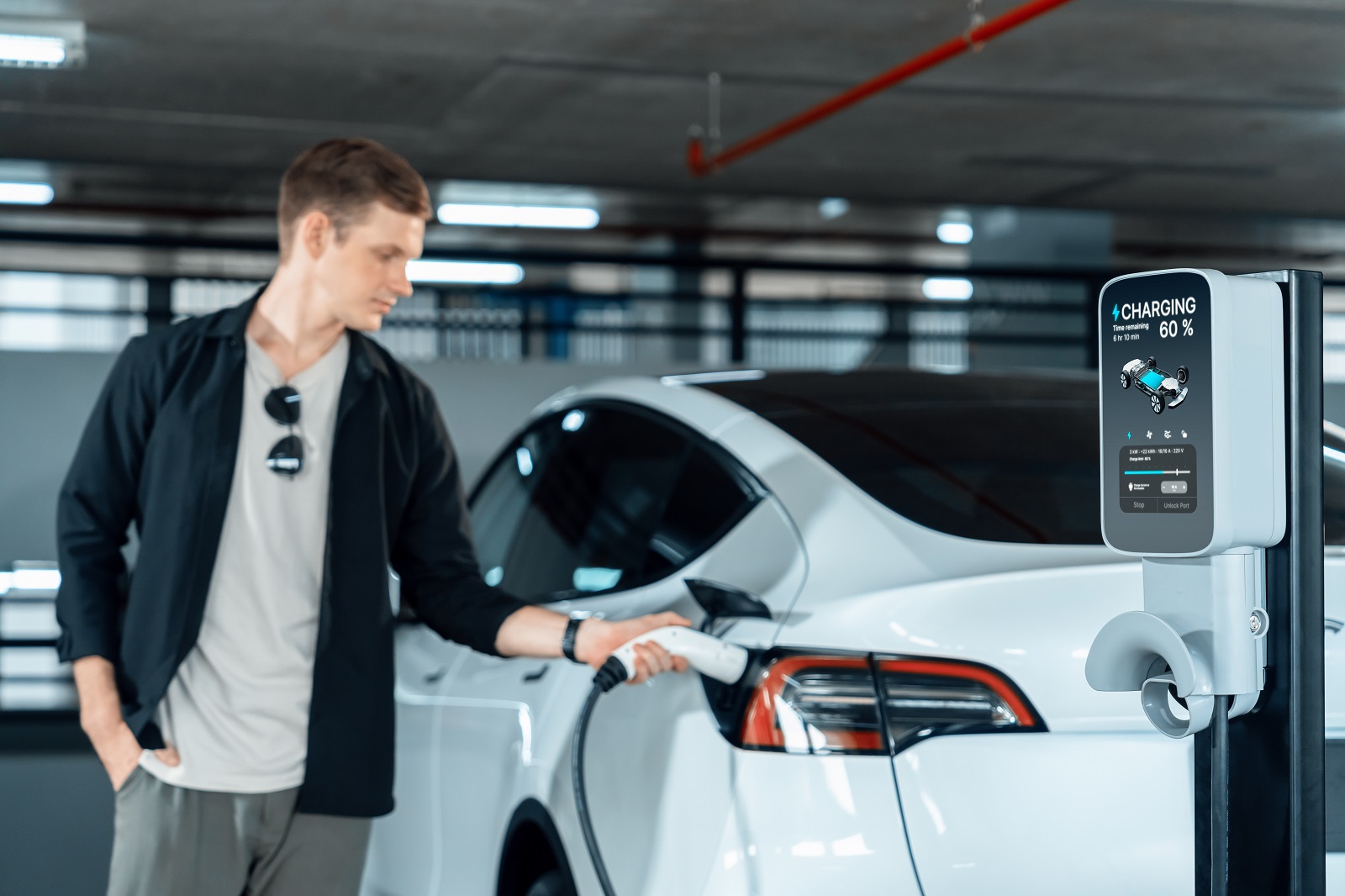
When it comes to EVs, it’s all about the charge. Some charging stations are faster, while others are slower. The faster the charge, the more you pay. This concept also applies to the State or location.
2 – Location Is Key When You Want To Save
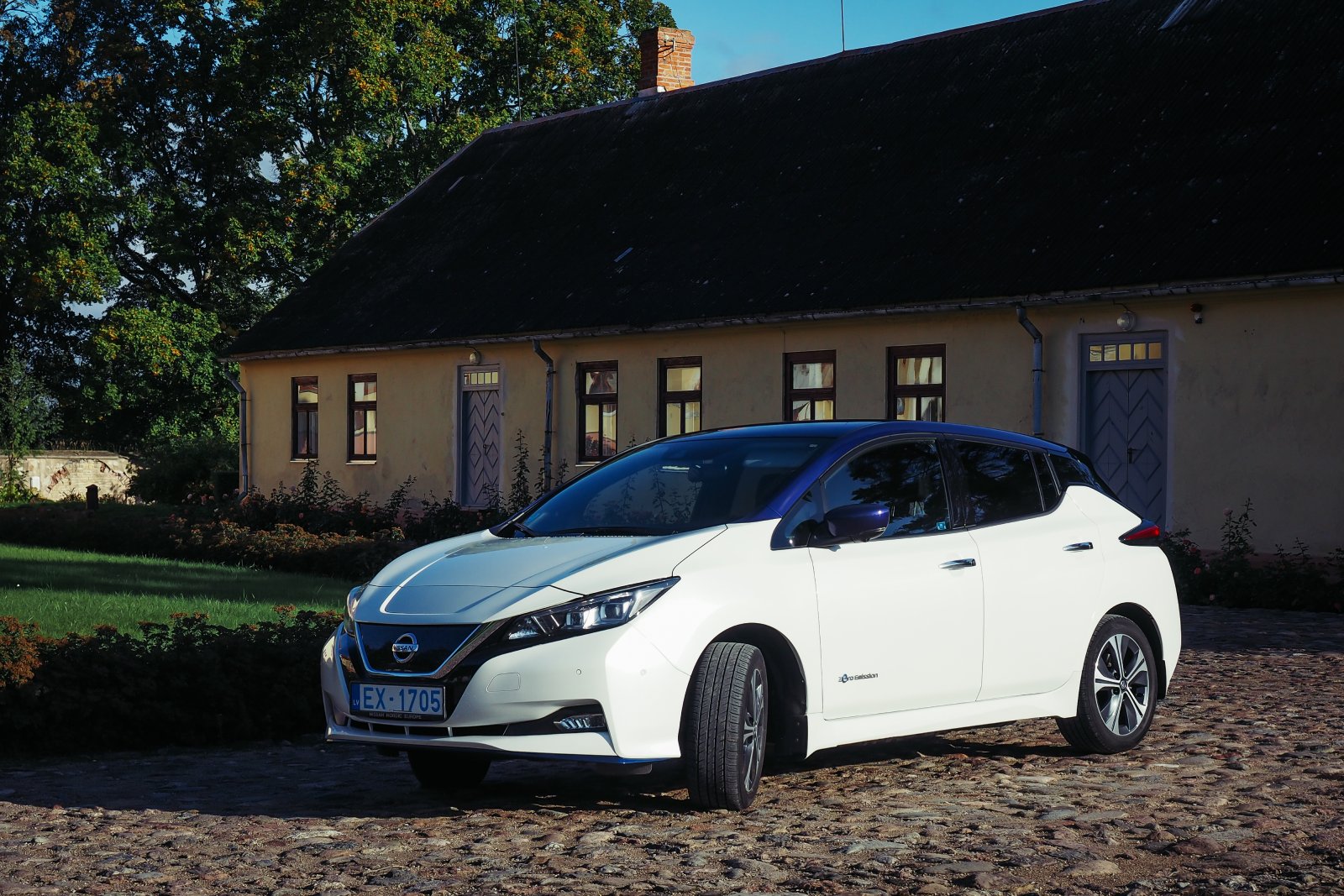
The cost of electricity isn’t the same in all States, so prices can vary depending on where you live.
3 – Electricity by U.S. State

Here’s an example of how electricity costs differ from one state to the next. In Hawaii, it can cost roughly around 44c per kWh (kilowatt-hour), in California about 29c per kWh, in Alaska 23c per kWh, and in Missouri 10c per kWh. These rate variations in each state affect how much you’ll spend on electricity to charge your vehicle.
4 – The Expense Is in the Charge
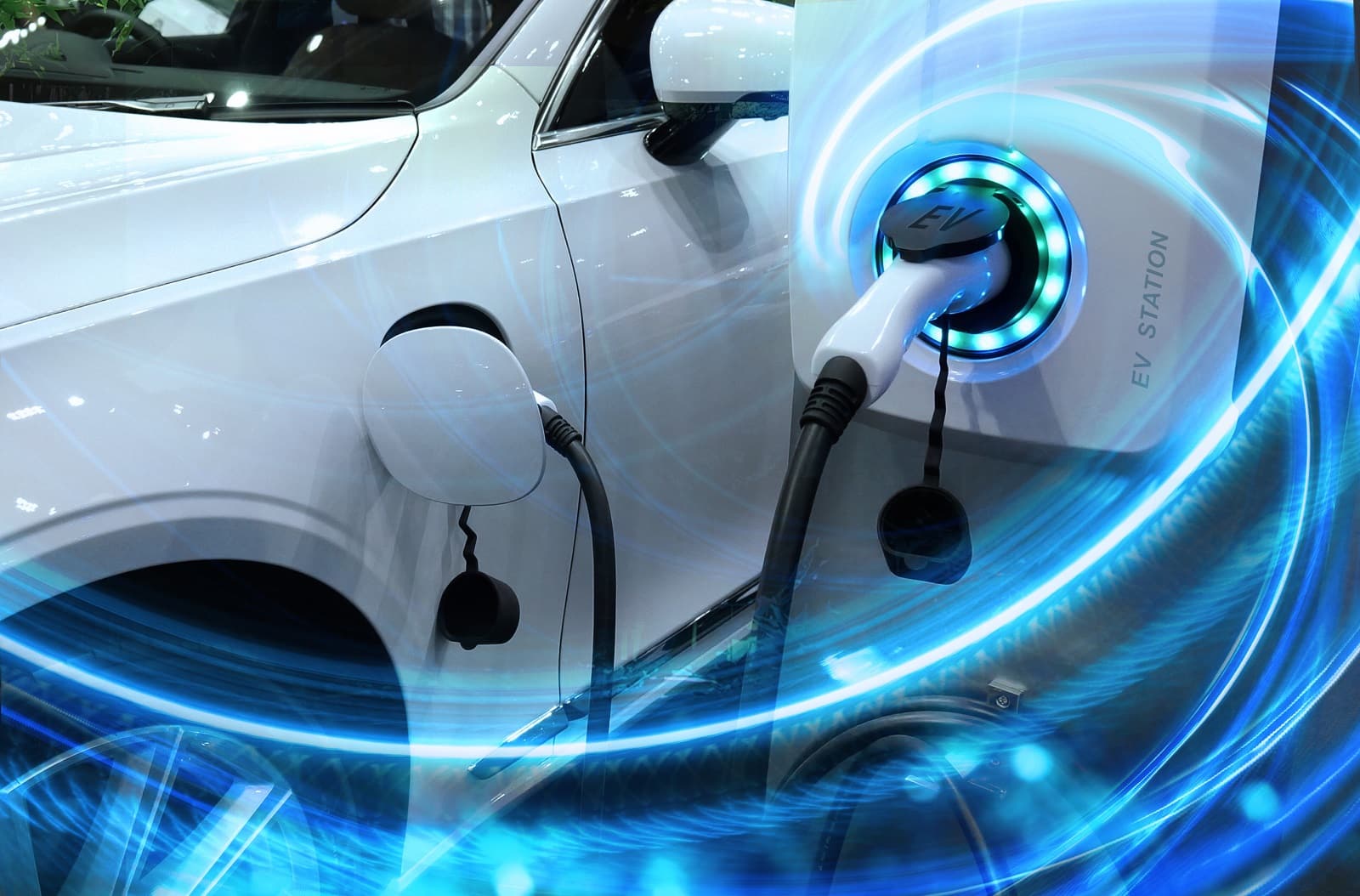
Charging stations differ from one another. Level one stations emit lower volts, 120 volts, with the mid-range or level 2 stations emitting 240 volts. Level three, aka fast chargers, can pack about 350 volts in their charge. The faster the charge, the more you pay.
5 – The EV Model Affects Affordability

The EV driver has many options to suit style and budget. Electric cars are not equally made, and some brands feature premium models with state-of-the-art technology. Other models might only feature the basics with minimal driver comforts and convenience, thus lowering the price tag.
6 – Maintenance Bills Are Lower Compared to Gas

Depending on your chosen electric vehicle manufacturer and model, you could pay more for overall maintenance. However, compared to a gas or diesel engine, electric cars have fewer parts to replace, making them less to maintain.
7 – Solar Panels Can Save You Money
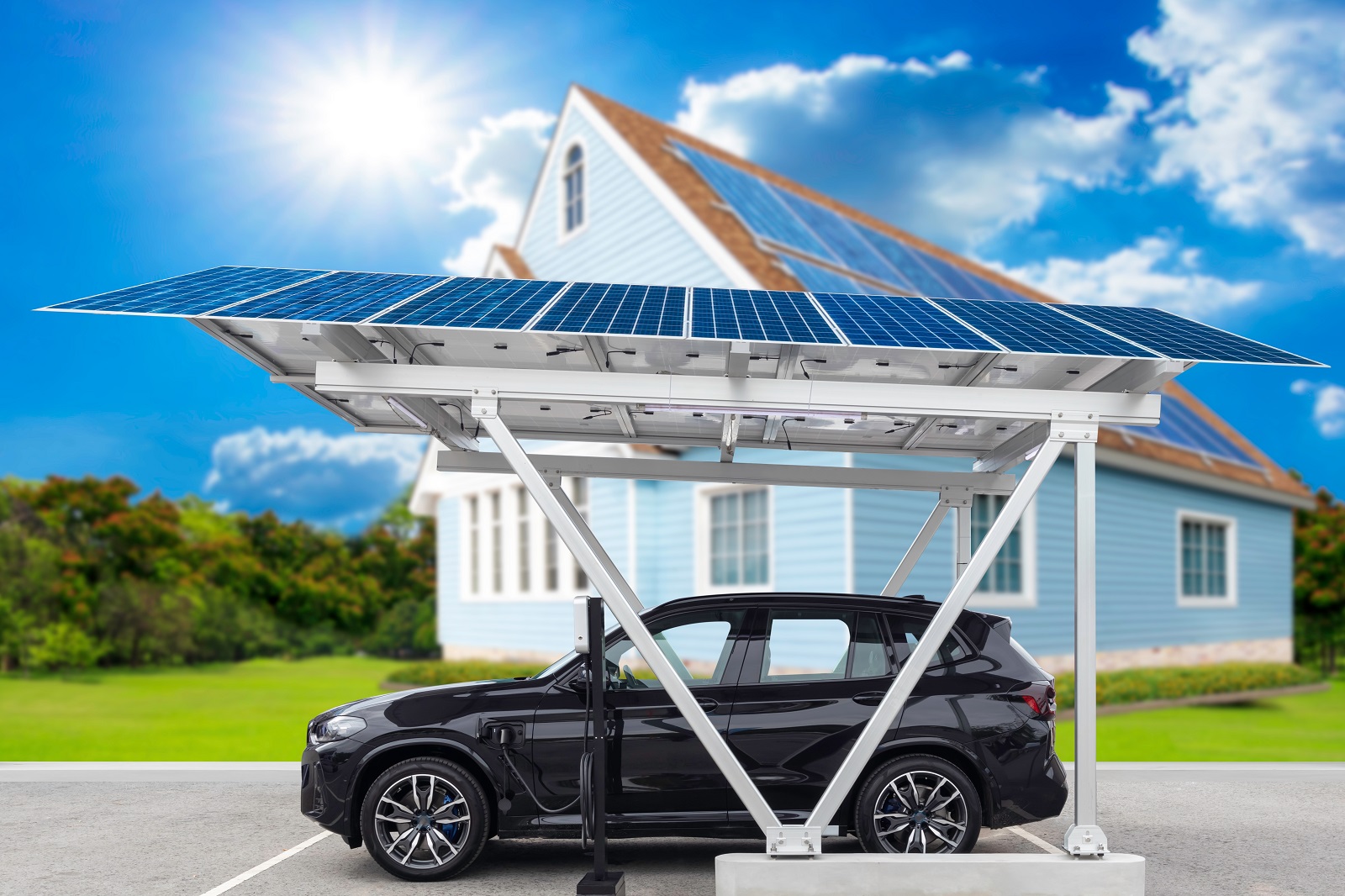
Solar panels have long been the energy and cost-efficient option. Installing a solar-powered car charger at home will save you money and time.
8 – Have More Control Of Your Energy Spend
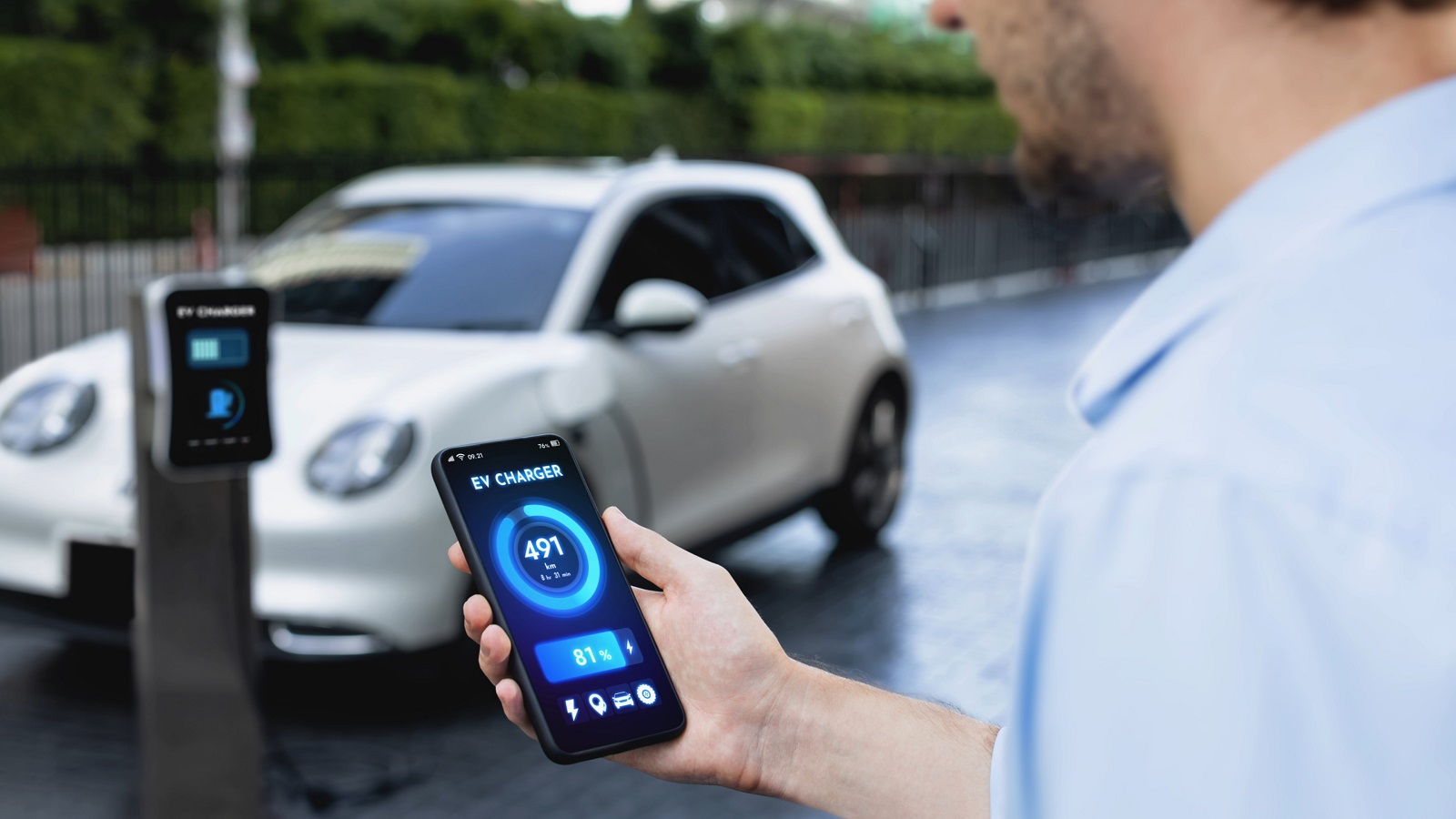
With a solar panel charging station, you have control over the power you’re using. The same can’t be said for diesel and gas stations because consumers don’t have control over price fluctuations.
9 – You May Qualify for Rebate Rewards

Not all EV drivers qualify for a rebate on their electric vehicle, but specific criteria and vehicles can improve your chances. According to the IRS, qualifying EV drivers can earn up to $7,500. However, some terms and conditions apply.
10 – You Save the More You Drive

Saving the more you drive may sound counterintuitive, but electricity is cheaper than gas per kilometer. Since most EVs have multiple batteries to power the vehicle, you’ll get more kilometers before recharging. The same can’t be said for hybrid plug-ins and fully gas-powered cars.
11 – Electric Car Batteries Last Longer
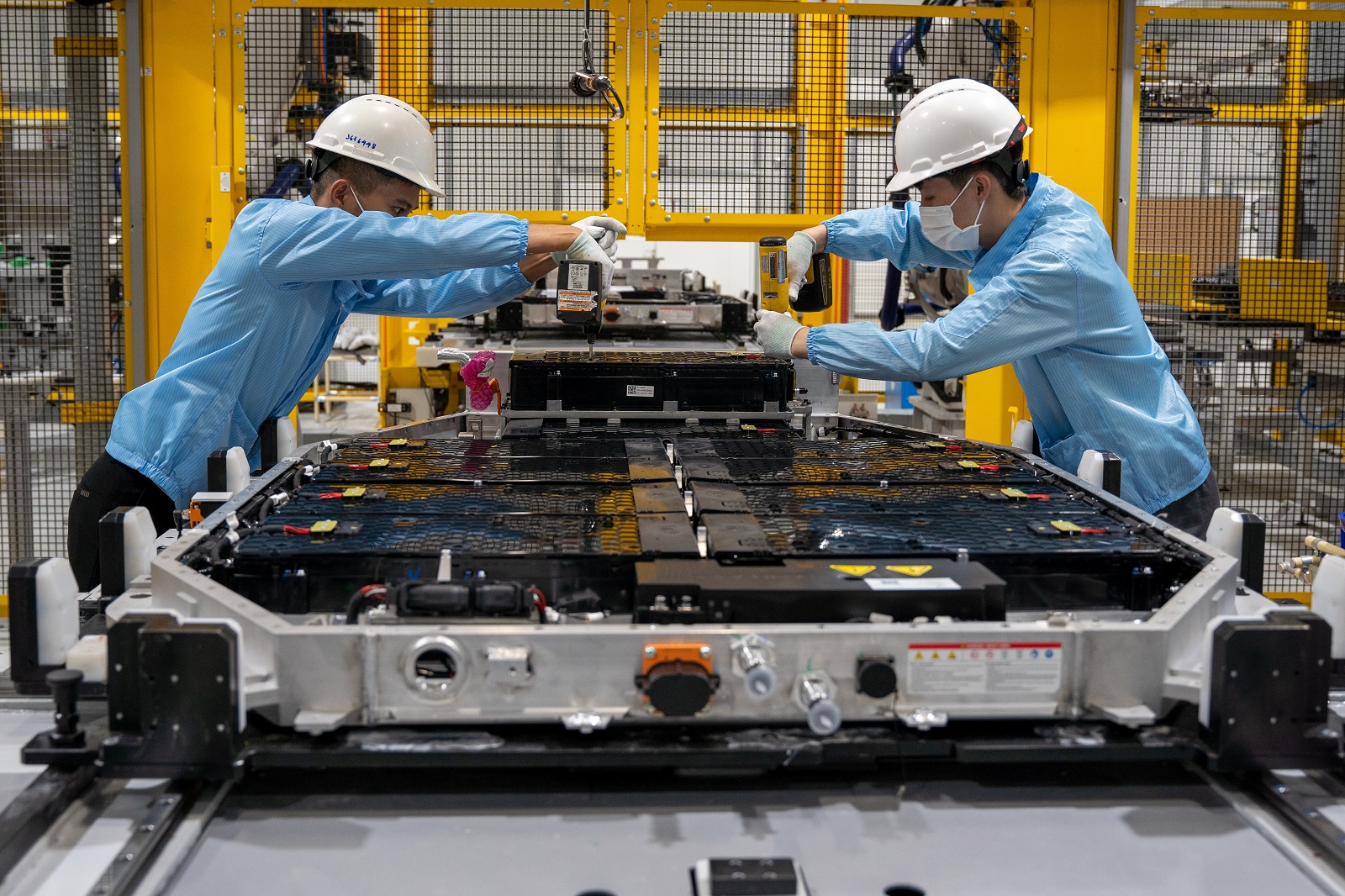
An EV’s batteries last longer than those of a standard gas or diesel motor vehicle. It’s built for durability and longevity and thus requires fewer replacements.
12 – An Electric Vehicle Is a Long Term Investment

All cars are investments, but an electric vehicle can be a long-term investment as you get more and save more in the long run. Purchasing an electric car may seem like an expensive option at first. Still, you could save more using the EV than purchasing a hybrid plug-in or a gas-powered car.
13 – Less Noise Pollution

If you’re not a fan of loud engines, an electric car is probably the perfect option. It not only lowers pollution with no carbon emissions but also has no noise pollution.
14 – Recharge From the Comfort of Your Home
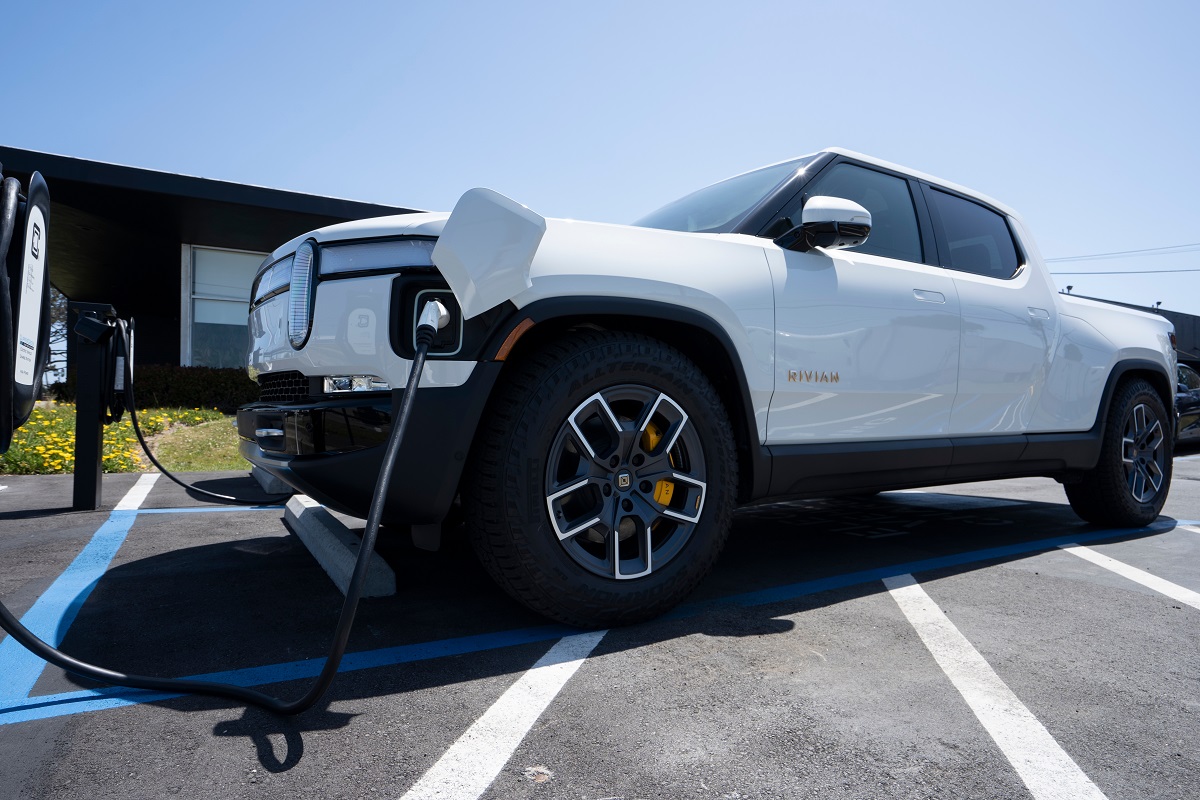
If you can afford to install a charge station at your home, there’s no reason to wait in a queue at a public charging station. If you own a slower charging station at home, charging your car overnight would be very helpful.
15 – Long-Range Driving Before the Next Recharge

With electric or battery-powered vehicles, you can enjoy longer commutes, even up to 200 miles (321km), before the car requires the next recharge. Most new models take about 10 hours to go from low to fully charged on a level two charging station.
Closing Thoughts

Electric-powered vehicles have some pitfalls, but the benefits tend to outweigh the negatives. Would you consider purchasing an EV and experiencing the future of motor vehicles for yourself?
Featured Image Credit: Shutterstock / Jelena Zelen.
For transparency, this content was partly developed with AI assistance and carefully curated by an experienced editor to be informative and ensure accuracy.


